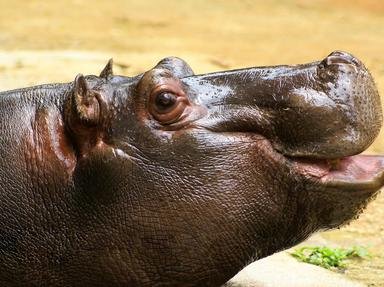
Beauty and the Bestiary Trivia Quiz
Some creatures are so unusual, they need to borrow names from other, more recognizable animals just so you have an idea of what they resemble (like 'tiger moth'). Can you find the correct matches to make a list of real double-named critters?
A matching quiz
by reedy.
Estimated time: 3 mins.
